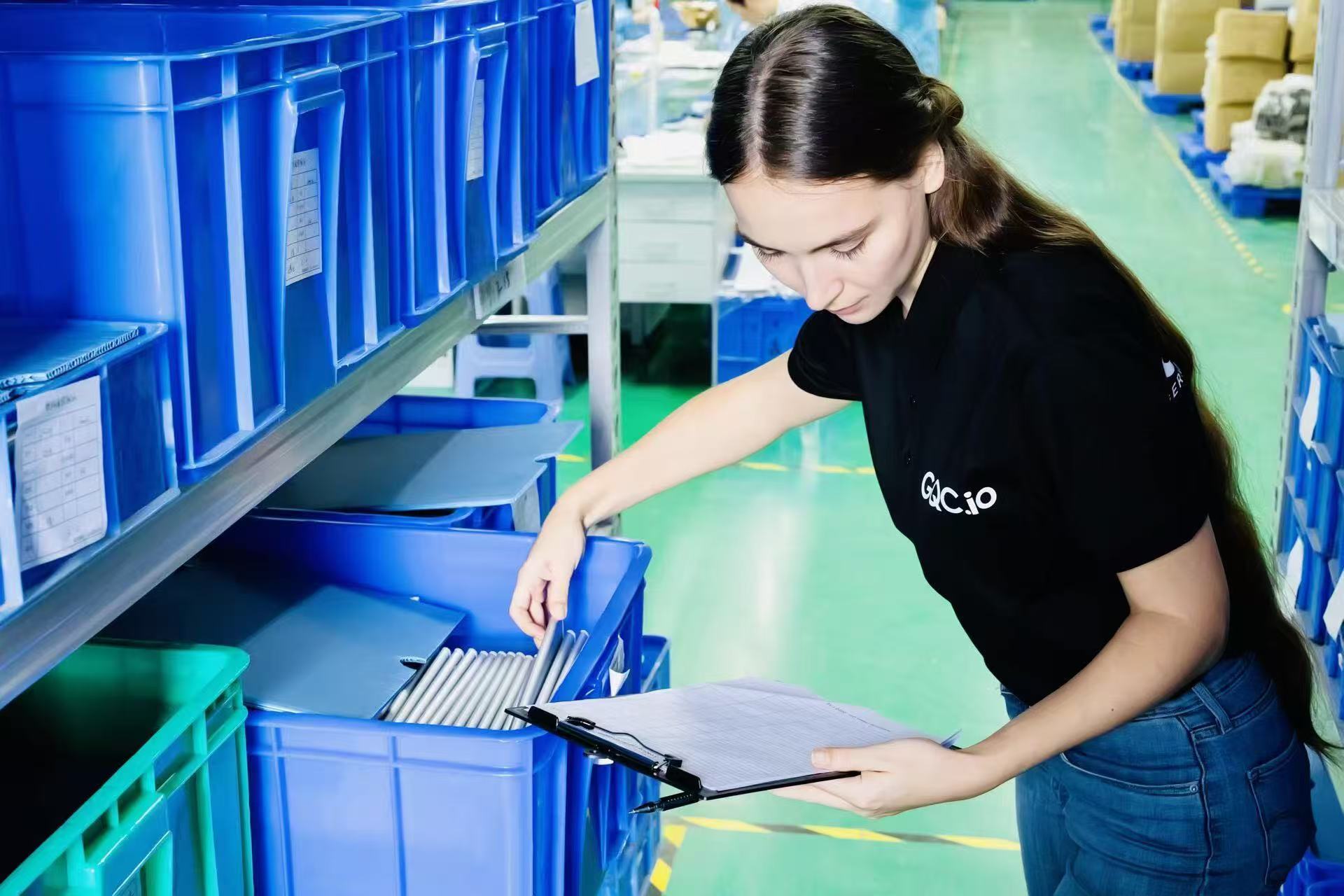The business community is making a shift towards ethical manufacturing. Sustainable manufacturing is nothing new, but we're seeing an increase in consumer demand and business initiatives. Recent years have seen the rise of industry leaders who are looking to promote sustainable, ethical standards in all parts of their global manufacturing processes. So, what does this mean for your business? Should you take the leap, or be content with sticking with traditional methods? There’s never been a better time to look into ethical sourcing when manufacturing in China - which is why we’ve rounded up our top four reasons for doing so.
When it comes to manufacturing in China, the first question that usually comes up is:
How do I know if my manufacturer is ethical?
Before you can determine whether your sourcing is ethical, you need to understand what ethical sourcing means. There are various definitions, but they all have the same foundation – sourcing products in a responsible and sustainable way, from organizations who treat workers fairly and equally, while minimizing their impact on the wider environment and society. In other words, ethical sourcing is about making sure that your products are made in places where employees are treated well and paid fair wages for their work. It also means being aware of how your product impacts the environment and being transparent about your supply chain so that customers can make informed decisions about whether or not they want to support your company.
The best way to ensure that your suppliers are ethical is to be transparent with them about what you expect. That way, they can either meet your expectations or tell you why they cannot. They may even offer alternative solutions. To find out if your supplier is treating employees ethically and fairly, ask them about their labor practices. Some signs that they are not ethical include:
- Employees working more than 36 hours overtime per month (China)
- No overtime pay for workers who exceed their weekly limit
- No benefits for employees (medical insurance, paid leave)
- Child labor / underage workers
- Poor working conditions (poor lighting or ventilation)
Why is ethical sourcing important to your business? Here are four benefits:
1. Lower Operating Costs
Investing in a total sourcing concept that includes ethical sourcing of brands, products, and services can drastically lower your company’s operating costs. When you source ethically, you will have fewer instances of waste such as overproduction or under utilization of resources. This means less money spent on things like wasted materials and labor hours spent on manufacturing products that are never used. Additionally ethical sourcing creates more secure supply chains and builds trust between buyers and sellers.
2. Builds Trust With Customers
Many consumers are wary of purchasing goods produced in countries outside the Western World because they do not understand how those goods were made or where they came from. Ethical sourcing helps build trust with customers by showing them how their products are manufactured and how much care goes into each product before it reaches them at home or at work. By showing customers what goes into their products, a company would likely gain more trust and returned customers.
3. Protects Against Lawsuits
When you source ethically, it protects against lawsuits related to human rights violations or environmental degradation caused by suppliers in China or elsewhere. Ethical sourcing requires all suppliers to adhere to certain standards that have been set forth by their country’s laws, as well as international human rights laws and environmental protection regulations. By ensuring that all suppliers meet these standards before entering into any kind of relationship with them, your company can protect itself from any potential lawsuits down the road due to unethical practices or conditions at factories.
4. Improves Employee Morale And Loyalty
Ethical sourcing can help reduce employee turnover by improving morale and loyalty. It’s not just about the money; employees want to feel good about where they work, too. By ensuring that no human rights violations occur at any stage of production, you’re showing your commitment to employees' well-being and making them feel valued as an important part of your company. When employees feel valued, they’re more likely to stick with their current employer instead of looking elsewhere for employment opportunities.
Making sure that any products manufactured in China are ethically manufactured is a very important step in your supply chain. Ultimately, the essential thing to keep in mind is that not all factories are ethical factories, and there is no way to tell unless you hire a third-party inspection company and conduct a factory audit, before placing your order. Read more about GQC audit services and book your free consultation here: www.gqc.io/factory-audits





